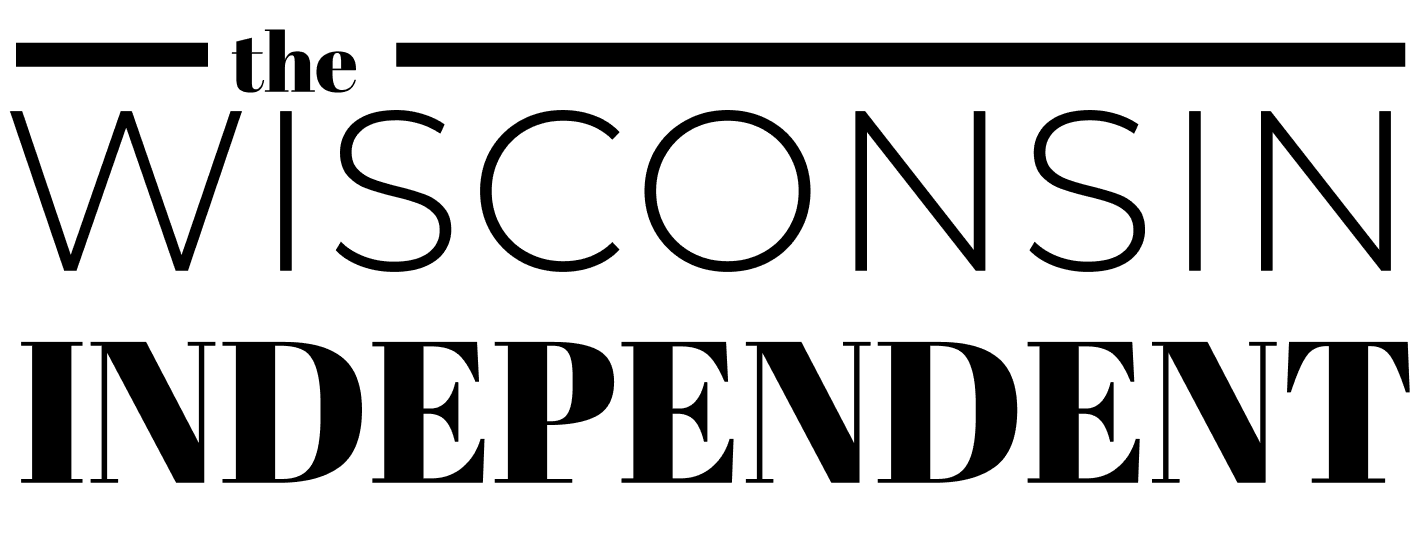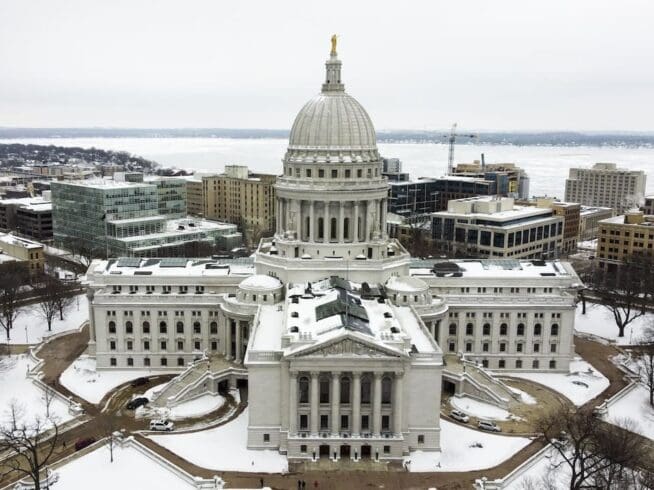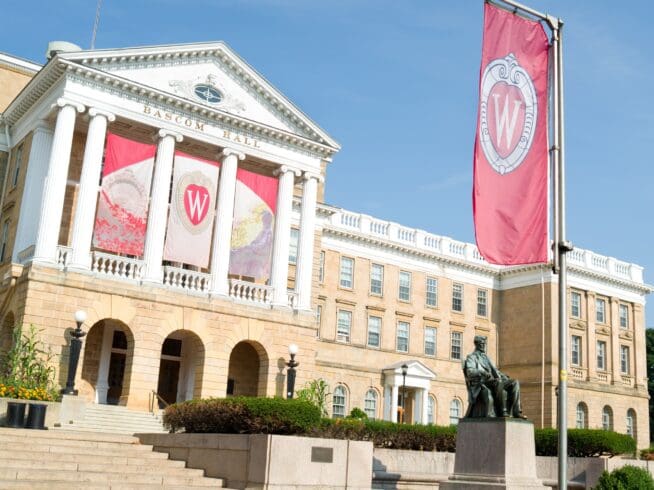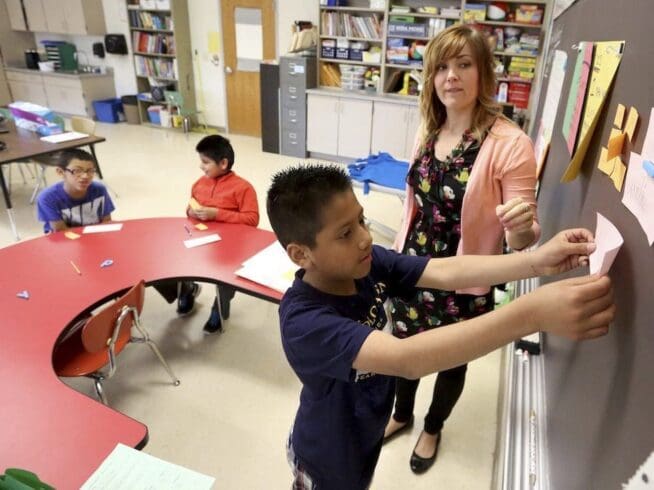A third of new Wisconsin teachers quit within 5 years. What can be done?
‘Teachers have never been paid enough. And they’re definitely not paid enough right now,’ a Wisconsin Department of Public Instruction spokesperson said.

Just over two-thirds of Wisconsin teachers, or 67%, are still on the job in the state five years after they start.
That’s according to data from the 2019-2020 and 2020-2021 school years released by the Wisconsin Department of Public Instruction in August.
It’s not a new issue, and not one unique to Wisconsin: A story published by the education news site Chalkbeat in March said at least eight states are seeing their highest teacher turnover in years.
Unfortunately, the factors that cause teachers to quit the workforce are only getting worse.
“The biggest issues we’re facing right now in Wisconsin schools right now are low pay, crushing workloads, and too much interference in how our teachers teach,” said Wisconsin Education Association Council President Peggy Wirtz-Olsen. “That’s really sucking the joy of learning out of the classroom.”
Low teacher pay has been a problem for years, said Abigail Swetz, communications director for the Wisconsin Department of Public Instruction. Wisconsin teachers have been limited in their ability to collectively bargain for better pay since 2011. That’s the year Gov. Scott Walker signed Act 10, curtailing collective bargaining rights for many public employees and raising their pension and health care expenses.
“In the report that our team here at DPI put together, you can see that, if you look at holding constant in 2021 dollars, the salary and fringe benefits of a teacher in 2010 is more than it is today,” Swetz said. “That’s a problem. Teachers have never been paid enough, and they are definitely not paid enough right now, especially when you add in the greater cultural and societal pressures that we’re putting on our teachers right now.”
Wisconsin is no stranger to the censorship issues that other states have seen in recent months. In one recent case, the Waukesha School District banned “Rainbowland,” a song recorded by Miley Cyrus and Dolly Parton that contains inclusive themes, from an elementary school concert. The district board later fired a first-grade teacher who criticized the ban.
Polls have found that recent political attacks on teachers are unpopular with most Americans. In a poll of U.S. adults released by the National Education Association in August, 68% of respondents said they were concerned about politicians banning books, while just 24% indicated they were worried about students being taught “about the negatives of our country, making kids feel ashamed of being white, and creating more division.”
“It’s just noise that’s distracting from the learning in our classrooms,” Wirtz-Olsen said.
Combined with the long-standing low pay, the cultural issues that have now become a major battle in public education are bringing the profession to a tipping point in Wisconsin, Swetz said.
“I think coming out of COVID, obviously, there’s just so many added pressures between the political context and the cultural wars that have become ground zero for the classroom,” Swetz said. “And also just the general inflationary increases we’re seeing and the need for that teacher pay to keep up, and it is not keeping up. So I think it’s a little bit of a perfect storm, and even though it has been a problem for quite a while, we are seeing that come to a head in our current year.”
Wisconsin must reprioritize funding for education and push back against negative narratives about teachers, Wirtz-Olsen and Swetz both said.
“Yesterday at a back-to-school event, one of the questions from the audience to our state superintendent was, ‘Do you get hate mail, too?’” Swetz said. “And the fact that the teacher said ‘too’ gave me pause. Like, oh, what conversations are happening to you? That’s not what we need if we’re going to try and prepare the next generation the way I know we need to. We need to be respecting the people doing that preparation.”
It’s not all bleak in education, they both said. For one, while teachers unions in Wisconsin have been weakened since the passage of Act 10 more than a decade ago,, Wirtz-Olsen said that they are “seeing a great deal of success in locals who have recertified their union and really engaged in bargaining up to the Consumer Price Index, or CPI, those inflationary increases. We’ve seen some huge victories in the last year, 8% settlements. So our union is still strong and at the table.”
Gov. Tony Evers also made a change in Wisconsin’s recently passed 2023-2025 biennial budget to increase spending on each student by $325 annually through the year 2425.
Swetz said the Department of Public Instruction is working to lay the groundwork for a recruitment and retention program in the next Wisconsin state budget. The program, she said, would include stipends for both student teachers and the teachers who would mentor them.
“We know that there are a lot of financial barriers to even becoming a teacher in the first place,” Swetz said. “And so then once you get there, and it doesn’t pay as well as we really think it should, that’s sort of a double whammy. And so we didn’t get it in this year’s budget, but we’re really looking forward to putting that in again, at the next biennium and continuing to fight the good fight on that level.”
The department, she said, is also exploring licensing changes to make it easier for folks to go into teaching as a second career.
More action is needed, Swetz said. She said she thinks the state’s bleeding of qualified educators might serve as notice to Wisconsin of just how urgent it is to act.
“When we look at back-to-school for 2023-24 and we see these shortages again, and we see the fact that we need these well-qualified, empathetic, incredible professionals to be in the classroom and helping our kids and we don’t have enough of them, maybe this could finally be a wake-up call,” Swetz said. “So I hate that we have to be in a wake-up call situation, but it is my hope that we are, and so if the rest of us could sort of open our eyes to that, I think each of us has an individual role to play.”
Published with permission of The American Independent Foundation.




